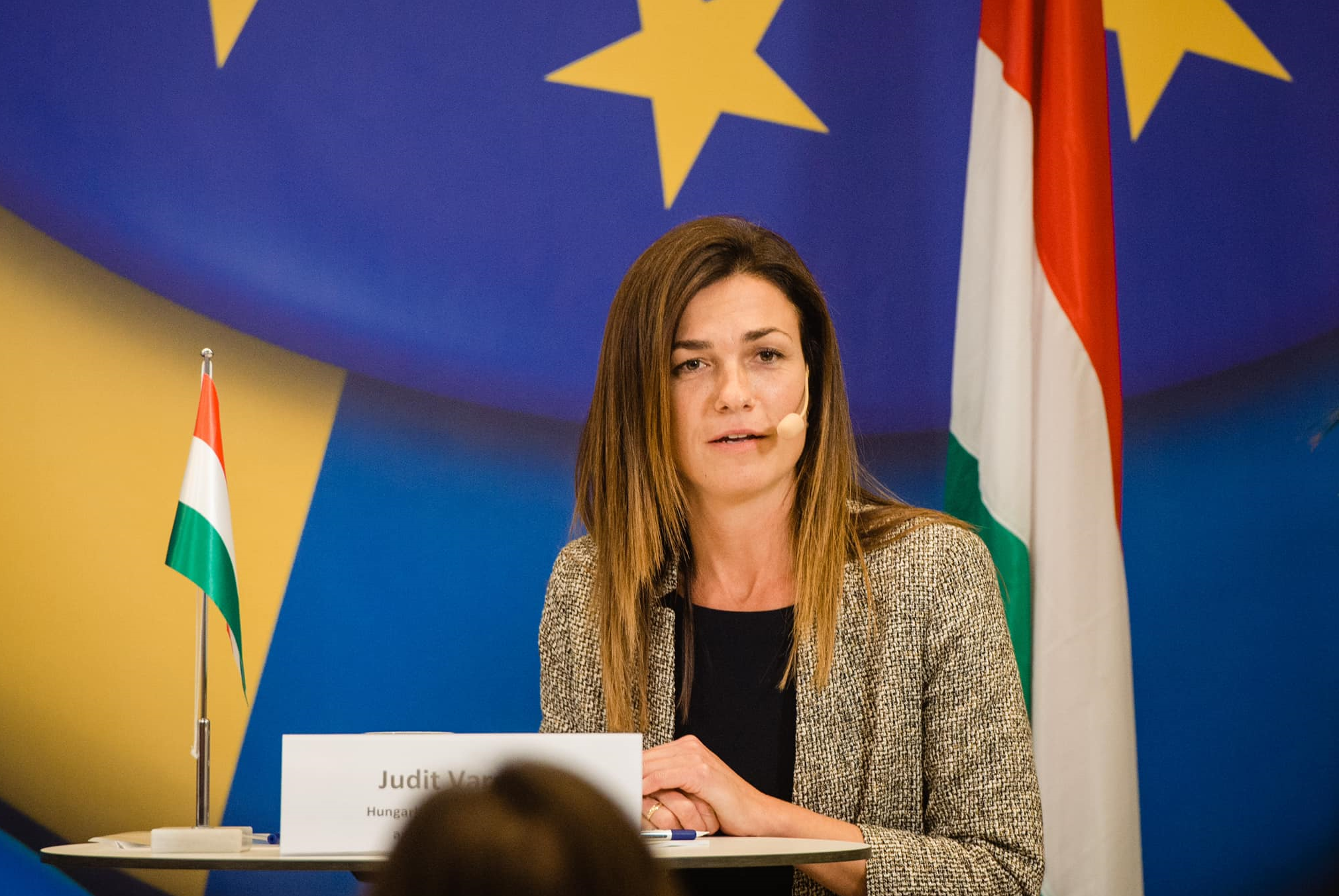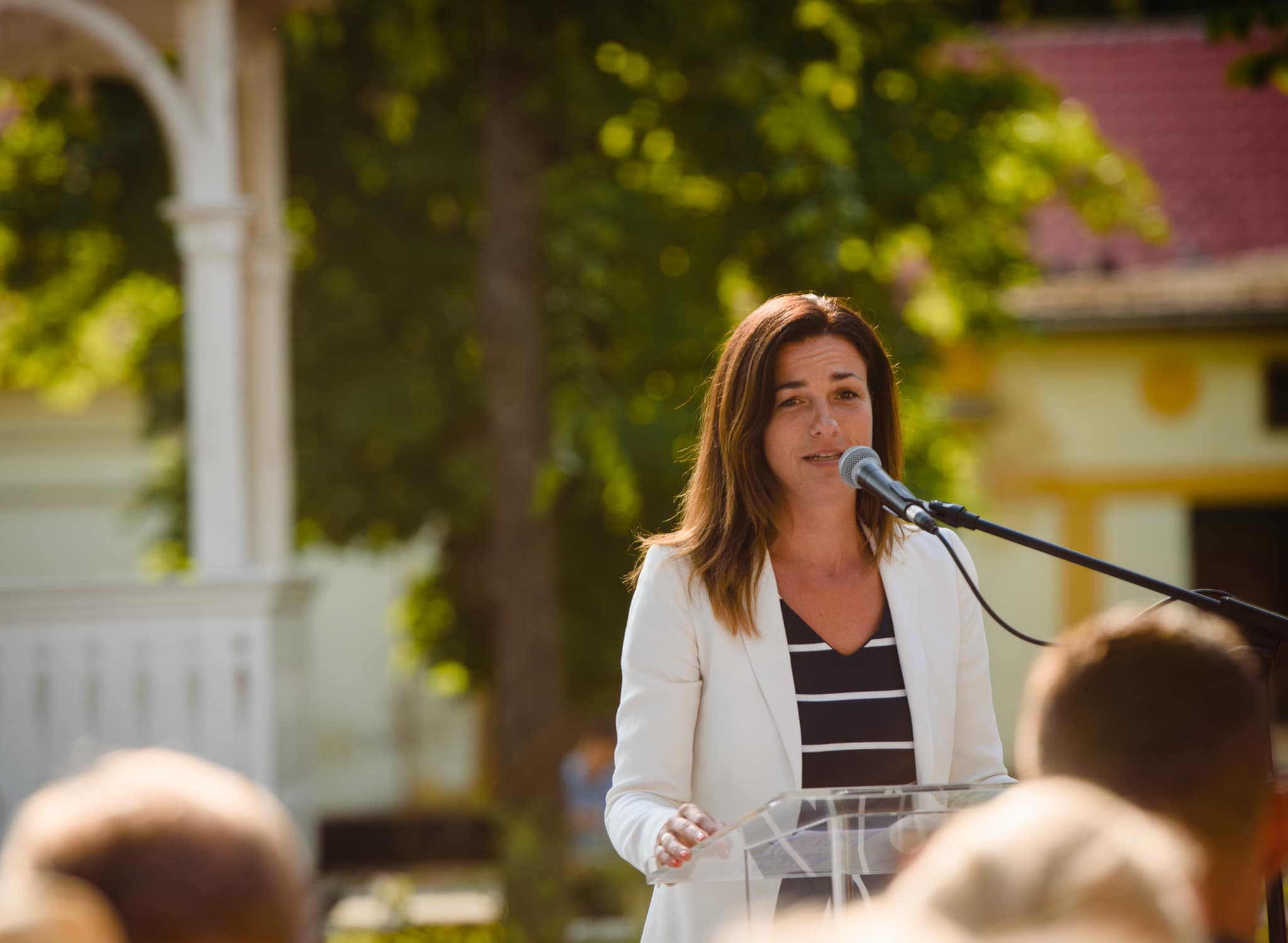
"Next week, Europe's tired and sick proceeding will come up again, which is slowly becoming indifferent even to those who were previously so keen to attack Hungary," Judit Varga wrote.Continue reading

Hungarian people decided at the April 3 general election to support the government’s European policy and this was their response to the EU’s article 7 procedure launched against the country and to all other issues concerning the rule of law, the justice minister said in Brussels on Monday, where she is attending a meeting of EU affairs ministers.
“Hungarians know that everything the national-conservative government does serves their interests,” Judit Varga told Hungarian reporters.
“The Article 7 procedure is starting to become burdensome to those who have launched it and the procedure now points far beyond analysing each other’s legal systems,” Varga said.
She said the procedure has been initiated by the pro-migration, left-dominated European Parliament with the aim to “exert political pressure” on Hungary.
“But for political questions, only political answers can be given,” the minister said.
She said it was also noteworthy that Hungary’s “child protection referendum” held also on April 3 attracted even more support than what the ruling parties received at the general election. Over 3.6 million people voted in support of protecting children, she added.
Monday’s hearing about the state of the rule of law in Hungary, held as part of the Article 7 procedure, is “not quite proper in a situation when there is a war in the neighbouring country and Hungary is offering record extent help, but we are still willing to answer every question in the spirit of good cooperation”, Varga said.
Commenting on Germany’s Vice Chancellor Robert Habeck’s remarks according to which Germany would be willing to support the introduction of an EU embargo on Russian oil even without Hungary’s participation, she said “there are, unfortunately, mostly left wing, liberal politicians whose approach to European policy lacks the European values rooted in a culture of consensus and cooperation based on mutual respect”.
“Concerning such an issue as the oil embargo, about which Hungary has communicated in a most sincere and transparent manner ever since the beginning, one must not talk in such an arbitrary and exclusionary tone,” she said. “Rules of natural science” must be applied in this issue, she said.
“Hungary has no seas, yet it must guarantee energy supplies. This is why we are first of all waiting for proposals regarding solutions and only after that, the discussion on sanction proposals should follow. Decisions must be made taking into consideration the interests of all member countries,” Varga said.
Making reference to the Versailles declaration approved by leaders of EU member states in early March, she said further steps could be taken concerning the sanctions affecting Russian energy only if the national characteristics of every member state is respected, along with their rights to have their own energy mix.
Featured photo via Judit Varga’s Facebook page